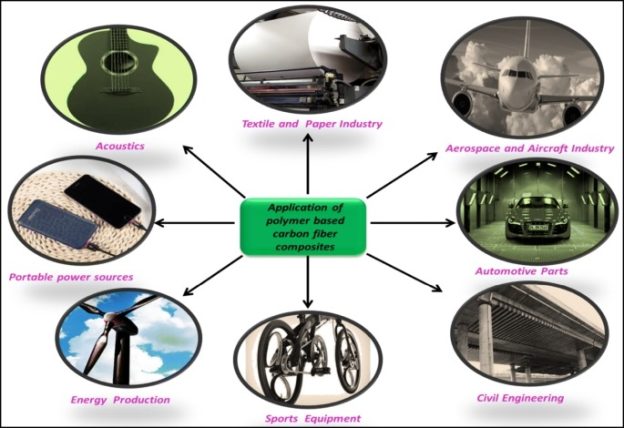Fiberglass is a type of reinforced plastic material made from fine fibers of glass. It is commonly used in various industries and applications due to its excellent strength-to-weight ratio, durability, and insulating properties. Fiberglass is a versatile material with a wide range of applications, and its unique properties make it highly sought after in various industries. Here are some key points about fiberglass:
Composition: Fiberglass is composed of small glass fibers that are woven together or laid down in a random pattern and then bound together using a resin. The glass fibers provide strength and reinforcement, while the resin acts as a binder and protects the fibers from damage.
Manufacturing Process: The process of manufacturing fiberglass involves several steps. First, the glass fibers are produced by melting glass at high temperatures and then drawing them into fine strands. These strands are then combined to form a yarn or woven into a fabric-like material. The fabric is impregnated with a liquid resin, usually polyester, epoxy, or vinylester, which cures and hardens to hold the fibers together.
Properties: Fiberglass possesses several desirable properties, including high strength, low weight, corrosion resistance, thermal insulation, and electrical insulation. It is also non-magnetic and non-conductive, making it suitable for a wide range of applications.
Applications: Fiberglass finds applications in various industries, such as construction, automotive, aerospace, marine, electrical, and consumer goods. It is commonly used for manufacturing boat hulls, automotive parts, pipes, tanks, insulation materials, surfboards, wind turbine blades, aircraft components, and more.
Advantages: Fiberglass offers several advantages over other materials. It is lightweight yet strong, making it an excellent alternative to metals. It is also resistant to corrosion and chemicals, which extends its lifespan. Fiberglass is a good electrical insulator, has low thermal conductivity, and can be molded into complex shapes, allowing for versatile design possibilities.
Safety Considerations: While fiberglass is generally safe to use, it is essential to take proper precautions when working with fiberglass products. The tiny glass fibers can cause skin irritation, respiratory issues, and eye irritation if proper protective measures are not taken. It is recommended to use protective clothing, gloves, goggles, and a mask when handling fiberglass materials.
Application Areas of Fibreglass Composites
Fiberglass is utilized in various industries and has numerous application areas due to its desirable properties. Here are some common application areas of fiberglass:
Construction and Architecture: Fiberglass is widely used in construction for applications such as roofing materials, wall panels, doors, windows, insulation, and reinforcement of concrete structures. It offers durability, weather resistance, and thermal insulation properties.
Automotive and Aerospace: Fiberglass is employed in the manufacturing of automotive parts, including body panels, hoods, bumpers, and interior components. In the aerospace industry, it is used for aircraft components, such as fairings, wingtips, and radomes, due to its lightweight and high strength properties.
Marine and Boating: Fiberglass is extensively used in the marine industry for boat hulls, decks, and other structural components. It is preferred for its resistance to water, corrosion, and its ability to provide strength without adding excessive weight.
Wind Energy: Fiberglass is a common material for manufacturing wind turbine blades. Its lightweight nature, high strength, and ability to withstand harsh environmental conditions make it suitable for harnessing wind energy efficiently.
Electrical and Electronics: Fiberglass is used in the electrical and electronics industry for insulation purposes. It is employed in electrical panels, circuit boards, insulating sleeves, and as a reinforcement material for electrical cables.
Sports and Recreation: Fiberglass is widely utilized in various sports and recreational equipment. It is used in the production of surfboards, paddleboards, kayaks, skis, snowboards, and lightweight helmets due to its strength and flexibility.
Chemical and Corrosive Environments: Fiberglass-reinforced plastics (FRP) are resistant to corrosion from chemicals, making them suitable for applications such as storage tanks, pipes, and ductwork in chemical processing plants and corrosive environments.
Consumer Goods: Fiberglass is used in the manufacturing of a wide range of consumer goods, including furniture, bathtub and shower enclosures, kitchen appliances, water tanks, and decorative items.
Medical and Healthcare: Fiberglass is utilized in the medical industry for orthopedic casts, splints, and prosthetics due to its lightweight, strong, and moldable properties.
These are just a few examples of the numerous application areas of fiberglass. Its versatility, strength, durability, and resistance to various environmental factors make it a valuable material in many industries.
Fiberglass and Its Application Areas
on 23/10/2023








